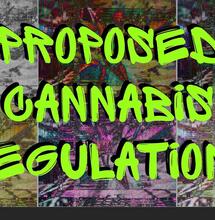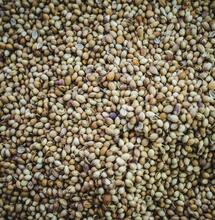New York's Legal Market Faces Problems

Cannabis legislation has set off an upstate cultivation boom in New York that has yielded 300,000 pounds of weed—a considerable amount valued at an enormous three-quarter of a billion dollars in its first harvest. However, just a handful of state-licensed dispensaries have opened
In the meantime, many unregulated businesses and the grey market, in general, are looking to cash in on and take advantage of the new law relaxations.
City mayor, Eric Adams, is dedicated to cracking down on unlicensed vendors raiding dozens of stores, confiscating products and issuing fines.
As of March 2022, the weed-legal states documented a merged total of $11.2bn in tax revenue from lawful, adult-use cannabis sales. Nationally, the lawful cannabis market has the potential to reach $66bn by 2025. The concern in New York is that illicit stores sell unregulated, untested cannabis products.
Additionally, analysts comment that the legal market is also weighed down with so much red tape regarding permits, licenses, taxes and regulations that scarcely troubles the long-standing illegal trade, notwithstanding the possibility of arrest and seizure.
New York has granted licenses for considerably more farms than dispensaries, a problem which iscreating a glut of unsold products. At Hudson Cannabis, a 2,700lb of harvest bud is stacked to the ceiling in storage containers awaiting certification from one of the five official state testing labs. At $300 a pound wholesale, her stock has a market value of $800,000.
However, wholesale prices in New York are plummeting, as is the case across the US, where many growers have already gone out of business, and political disagreements are paralysing the federal government over full legalisation.
The tangle of regulations gives the illegal market a competitive advantage. There is a lot of frustration in a grey market where cannabis is not necessarily fully legal but is decriminalised. With certification and distribution bottlenecks, New York's excess weed stores will likely be processed for its active ingredient or sold to edible-product producers instead of being sold as flower as intended.








